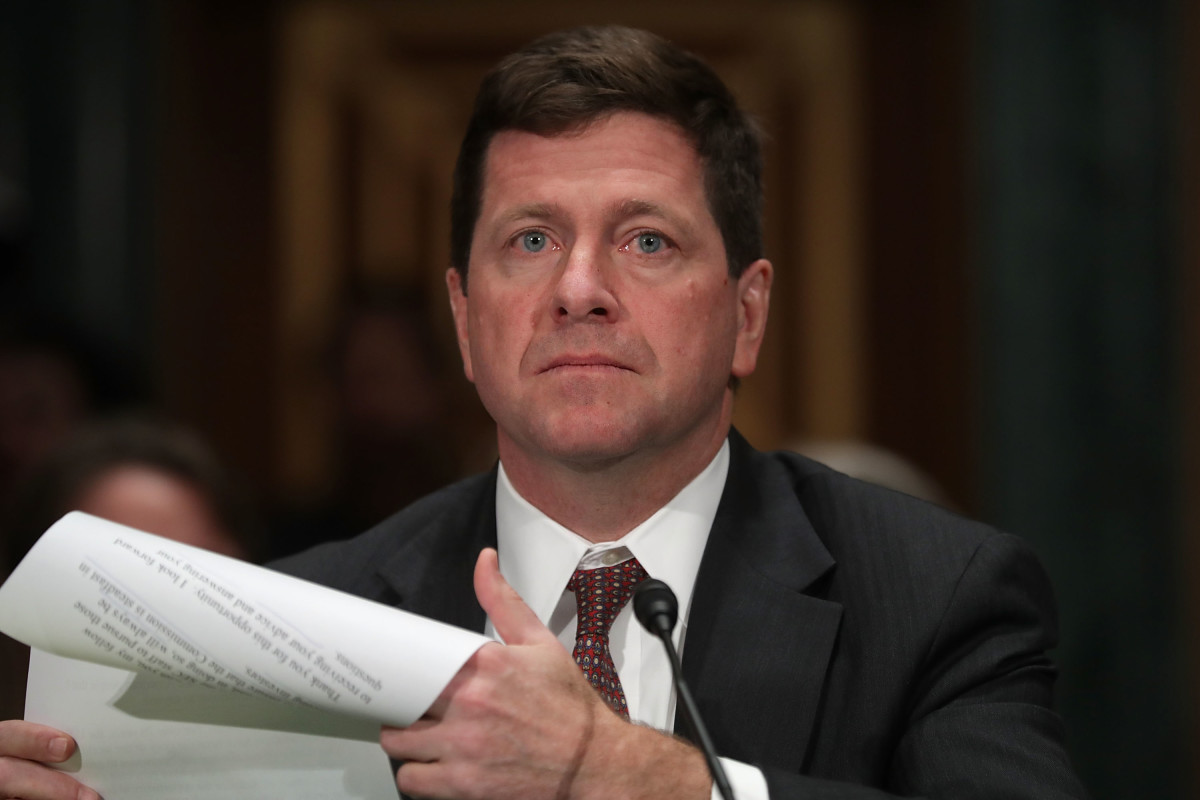(Image via Getty)
We have some unfortunate news to report from Florida, where a former prosecutor turned criminal defense attorney recently passed away unexpectedly during a court hearing being conducted via Zoom.
Patrick Trese, 50, is said to have collapsed during an early-termination-of-probation hearing when he was overcome by a heart attack. Trese later died as a result of the heart attack. The Daily Business Review has additional details on whether Trese’s death will be part of the record in that case:
“We do not know if the video from the Zoom hearing is part of the official records or not,” [Sean Ford, an attorney that worked at Trese’s law firm,] said. “Are the court reporters getting the Zoom video or are the court reporters getting audio from the courtroom and transcribing off the audio? And is the video part of the official record of the day?”
Sanford L. Bohrer, a partner at Holland & Knight in Miami, said the horrific event was likely not recorded by video.
“In criminal court, there is usually an official court reporter who took down the words to make sure they have accuracy, but unless there were witnesses, I don’t think anyone would care to record the video,” Bohrer said. “That type of transcript shouldn’t get filed because of the nature of the hearing.”
Trese is remembered by colleagues as a kind and compassionate man who “knew the law, but he also understood human behavior” so he could achieve “good, reasonable, just outcomes.” Another former colleague who became a personal friend referred to Trese as “phenomenal.” Ford said that in the past 30 years, Trese was “one of the best attorneys [he’d] worked for.”
We here at Above the Law would like to extend our condolences to Patrick Trese’s family, friends, and colleagues during this incredibly difficult time.
Broward Lawyer Collapses on Zoom Call, Dies of Heart Attack Suffered During Hearing [Daily Business Review]
 Staci Zaretsky is a senior editor at Above the Law, where she’s worked since 2011. She’d love to hear from you, so please feel free to email her with any tips, questions, comments, or critiques. You can follow her on Twitter or connect with her on LinkedIn.
Staci Zaretsky is a senior editor at Above the Law, where she’s worked since 2011. She’d love to hear from you, so please feel free to email her with any tips, questions, comments, or critiques. You can follow her on Twitter or connect with her on LinkedIn.







 Jordan Rothman is a partner of
Jordan Rothman is a partner of 


 Olga V. Mack is the CEO of
Olga V. Mack is the CEO of 




